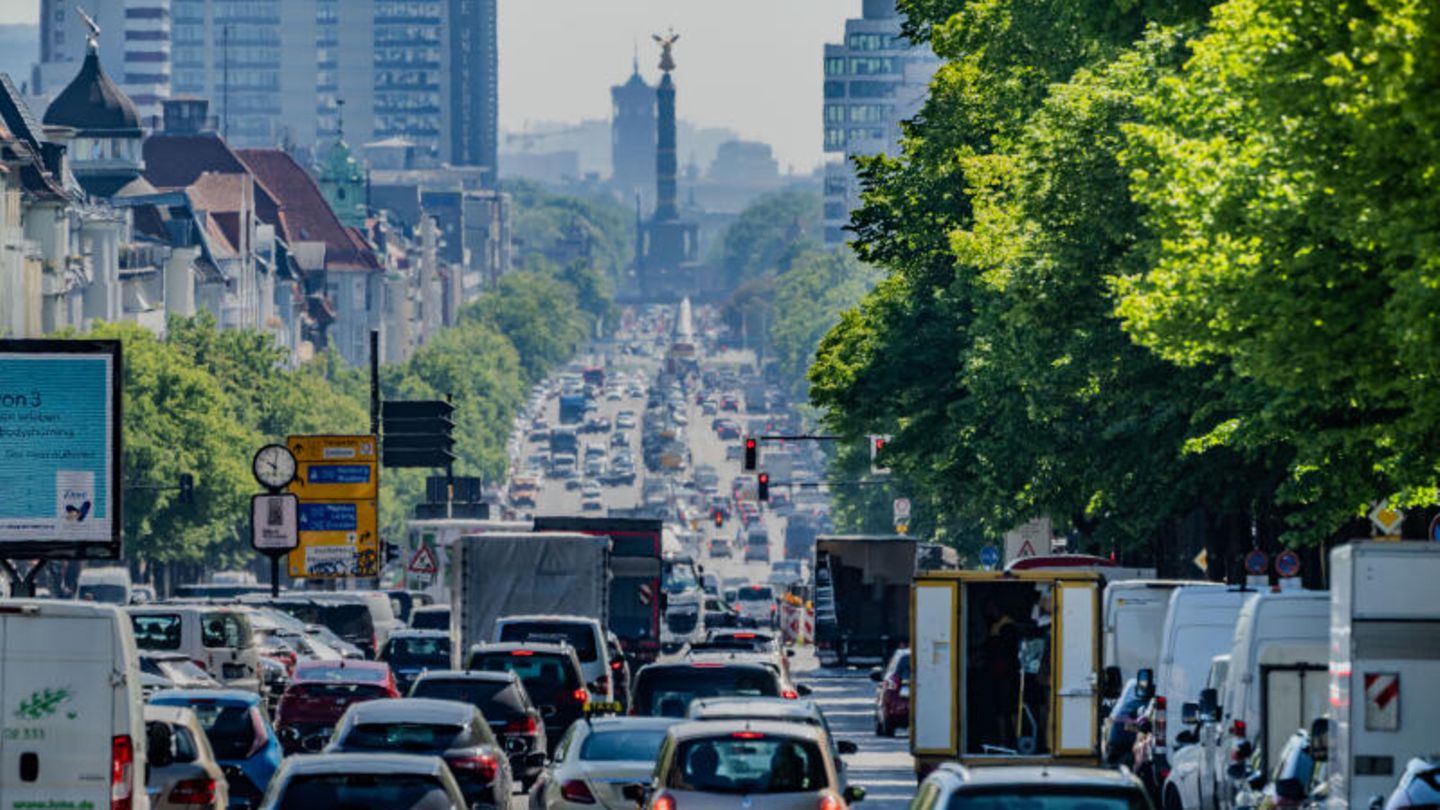The representatives of the traffic light factions have prevailed on the climate protection law in the Bundestag. An application against this by CDU MP Thomas Heilmann failed at the Federal Constitutional Court.
The Bundestag passed the controversial new climate protection law on Friday. This means that enforceable sector targets for reducing greenhouse gas emissions will be abolished. However, nothing will change in terms of the emissions targets themselves, as speakers from the coalition in the Bundestag emphasized. The law still has to pass the Federal Council.
The representatives of the traffic light parliamentary groups voted for the change in the law. The opposition voted against it. The CDU energy politician Andreas Jung spoke of a gutting of the climate protection law and a step backwards for climate protection. Speakers from the Union and the Left Party, as well as environmental associations, accused the coalition of weakening the climate targets.
FDP campaigned for changes
The reform of the Climate Protection Act provides for fundamental changes. So far, if individual sectors such as transport or buildings fail to meet legal requirements for carbon dioxide emissions, the responsible ministries must submit emergency programs the following year.
Last year, the traffic and building sectors failed to meet the requirements. Transport Minister Volker Wissing (FDP) had threatened to take drastic measures, including driving bans on weekends, if the Bundestag did not decide on the reform of the Climate Protection Act by summer – then Wissing would have had to present an immediate program so that the transport sector met the climate targets.
Climate protection law takes pressure off traffic
In the future, additional taxes will only be required if the overall emissions targets are not achieved in two years in a row. This eliminates the obligation to submit immediate programs for individual sectors, such as transport. Unlike before, it is no longer about looking back, but rather about forecasts for achieving the climate goals.
Germany as a whole had achieved its climate target for 2023, partly because of the economic weakness. However, with a view to the coming years, this is by no means a certainty. By 2030, the Federal Republic of Germany must reduce its greenhouse gas emissions by at least 65 percent compared to 1990. Greenhouse gases should be reduced by 88 percent by 2040 and greenhouse gas neutrality should be achieved by 2045 – by then no more greenhouse gases will be emitted and cannot be sequestered again.
Source: Stern
I have been working in the news industry for over 6 years, first as a reporter and now as an editor. I have covered politics extensively, and my work has appeared in major newspapers and online news outlets around the world. In addition to my writing, I also contribute regularly to 24 Hours World.




